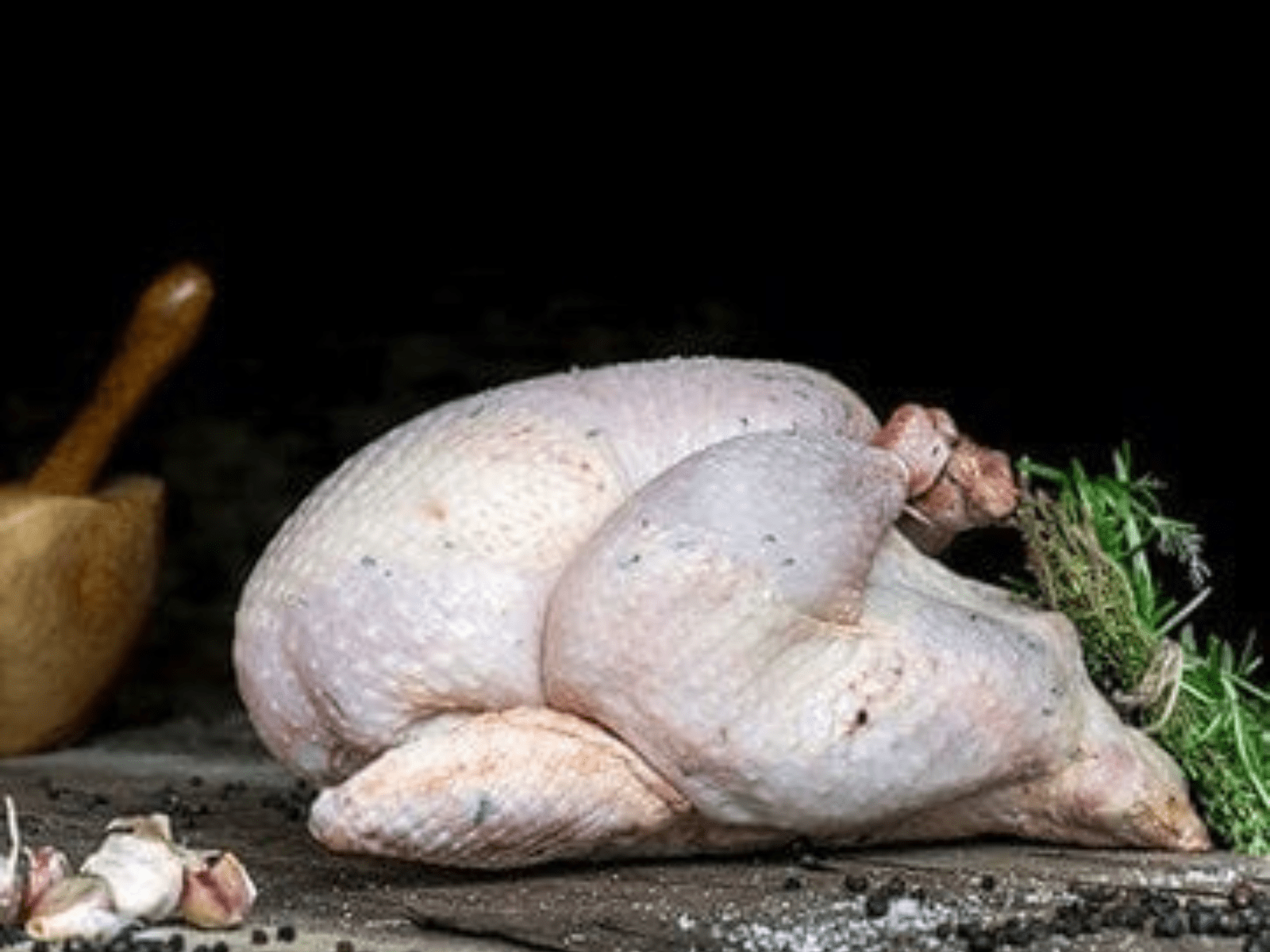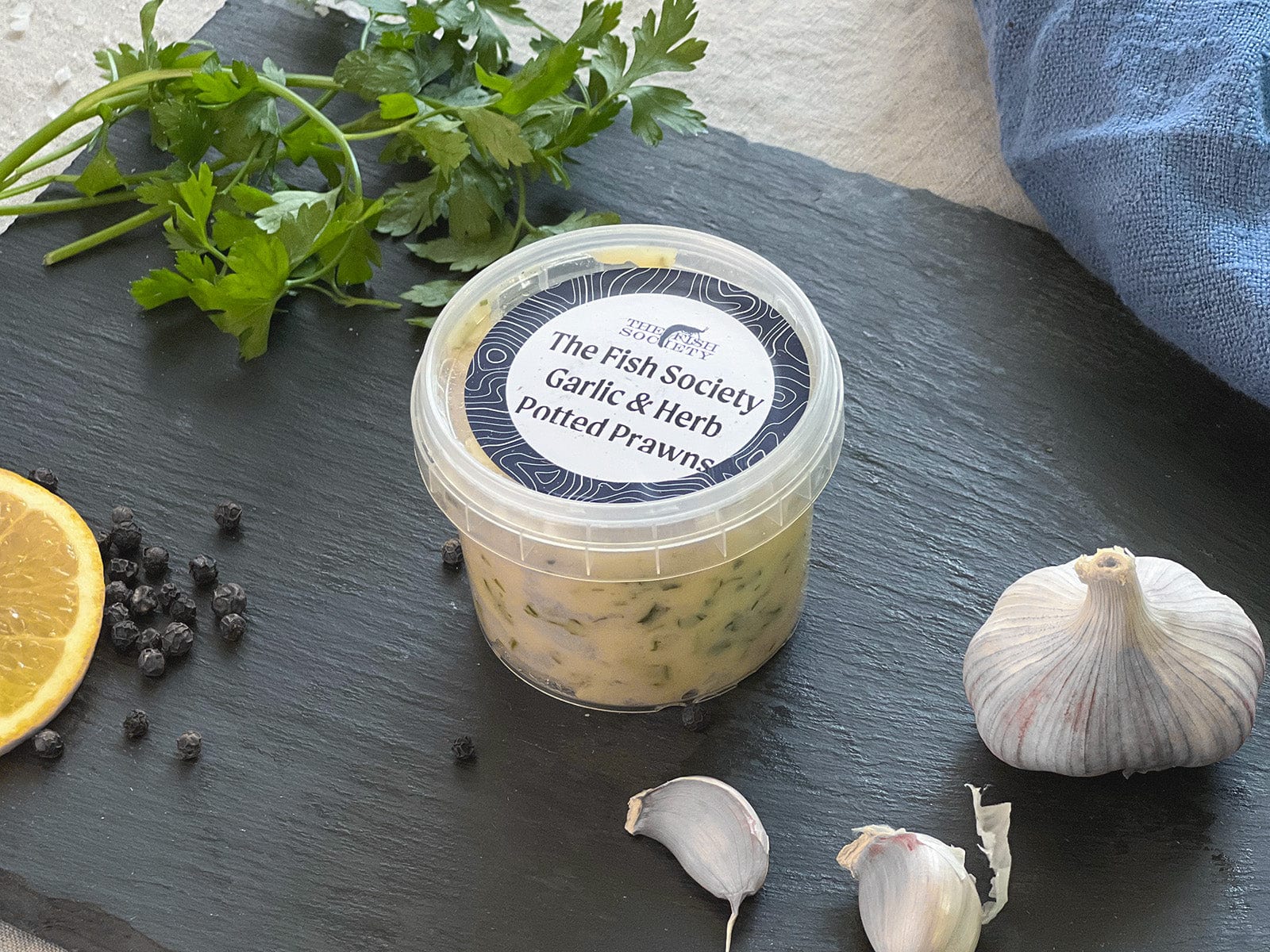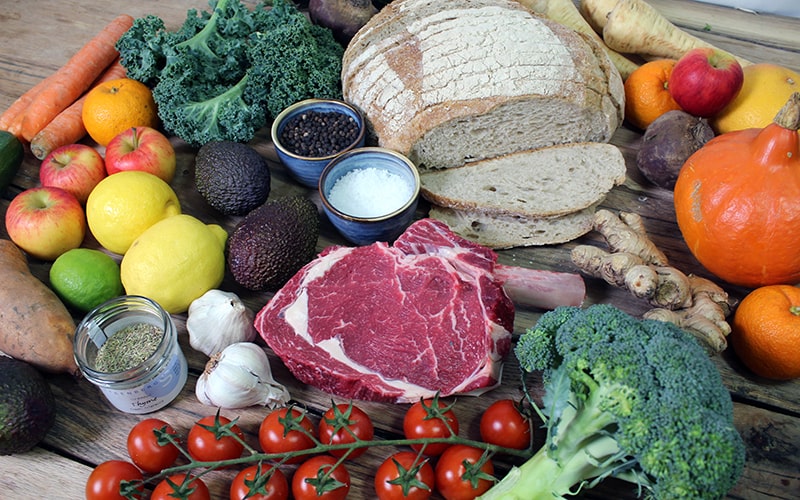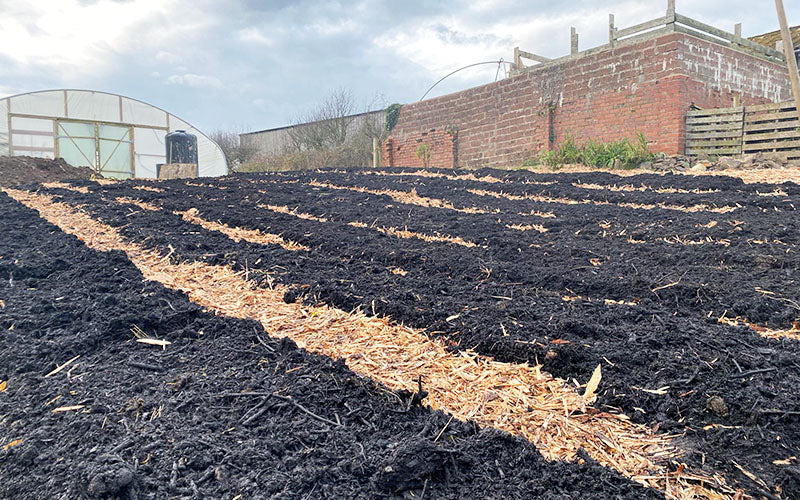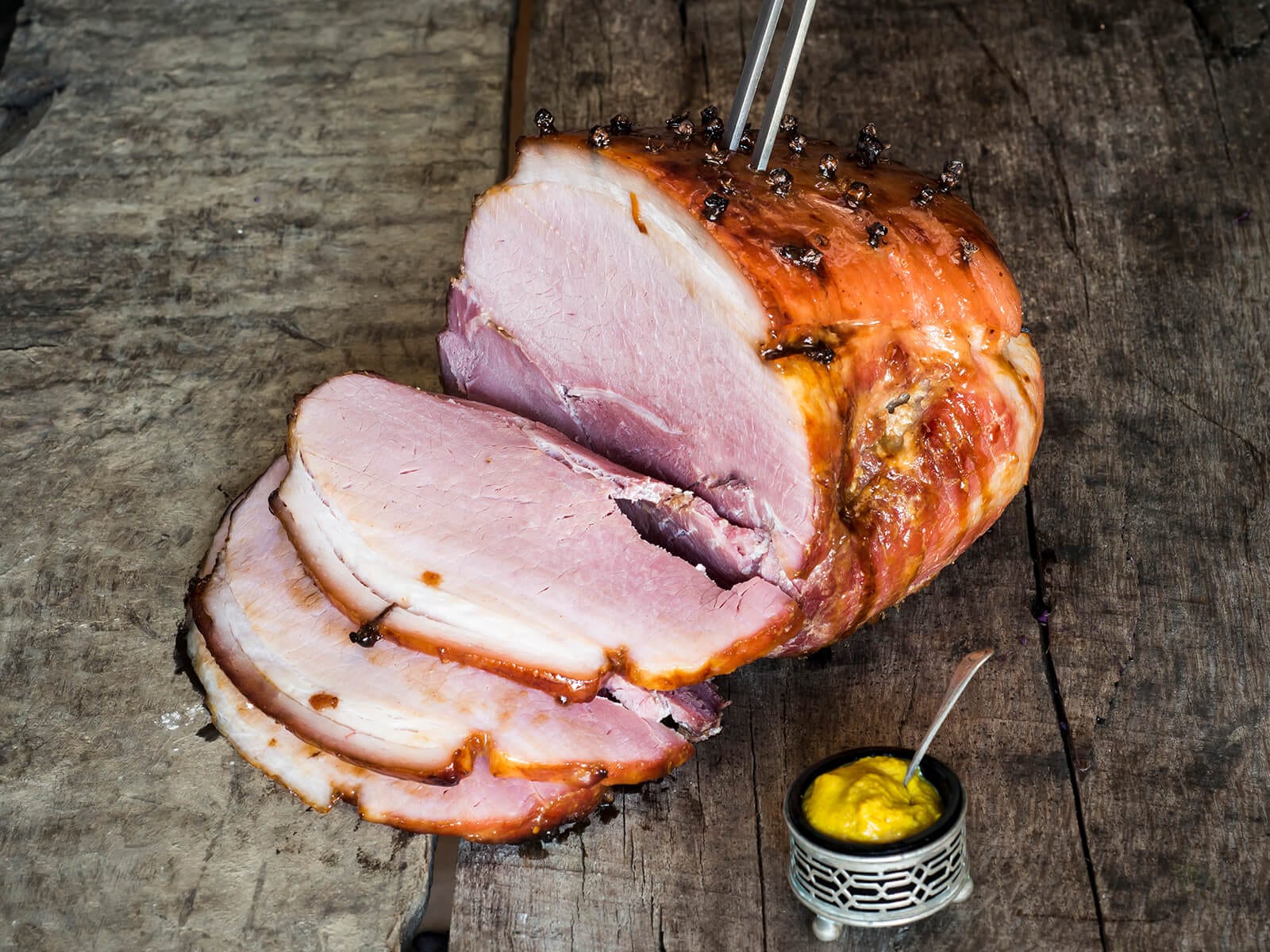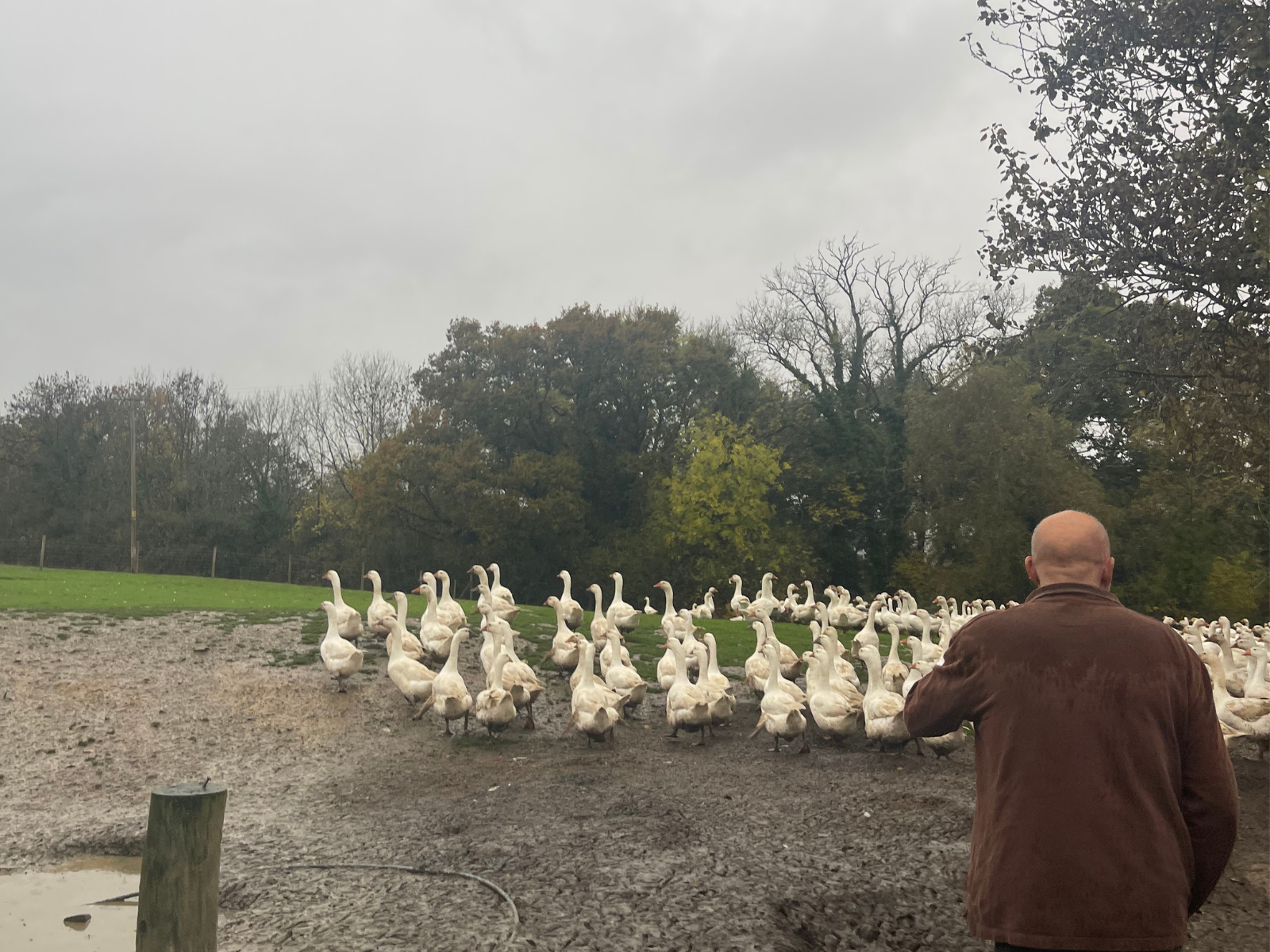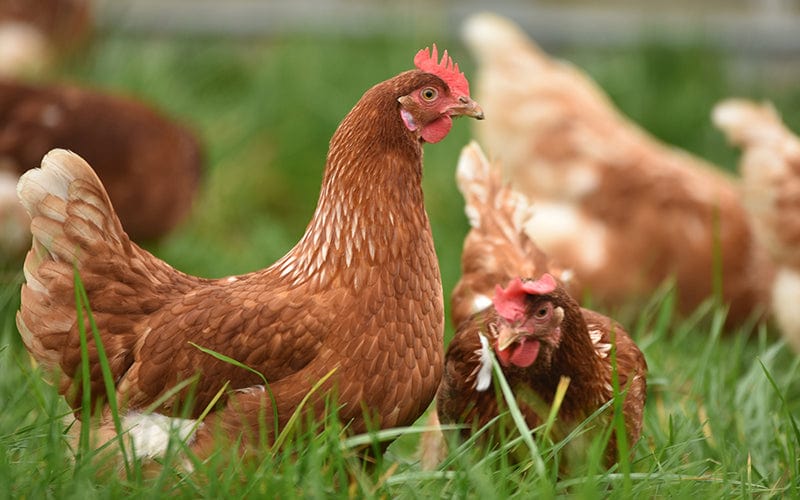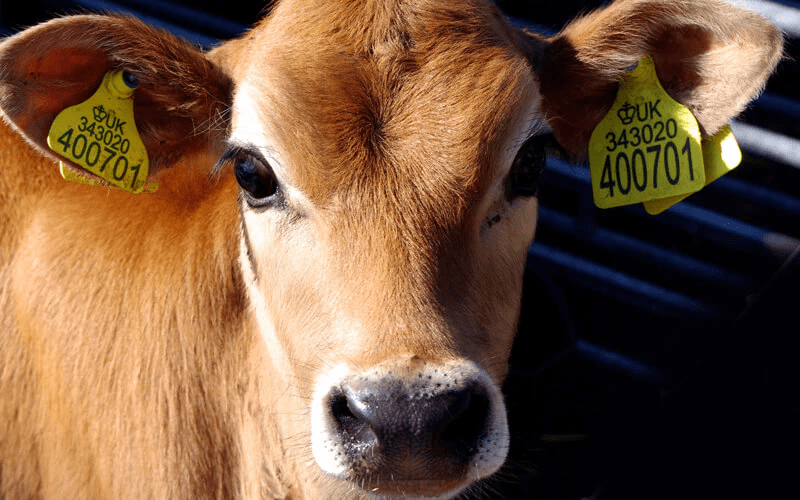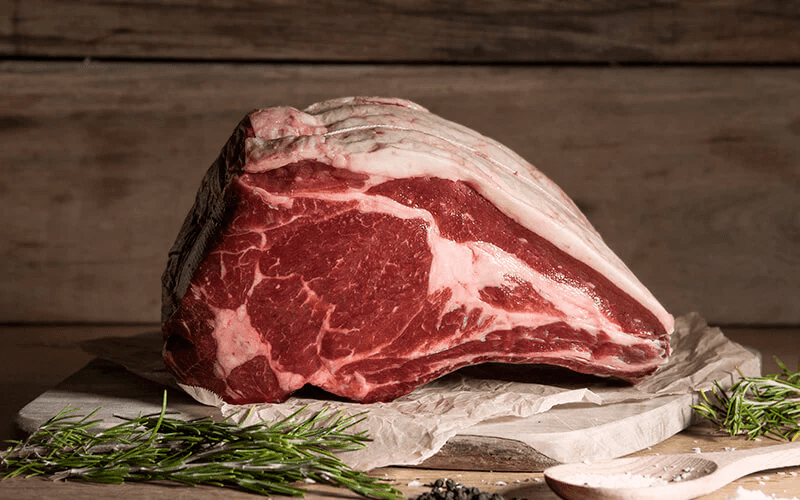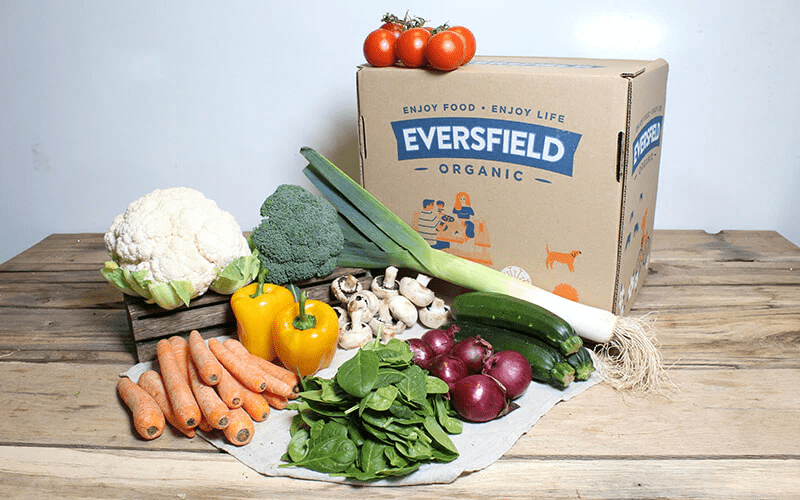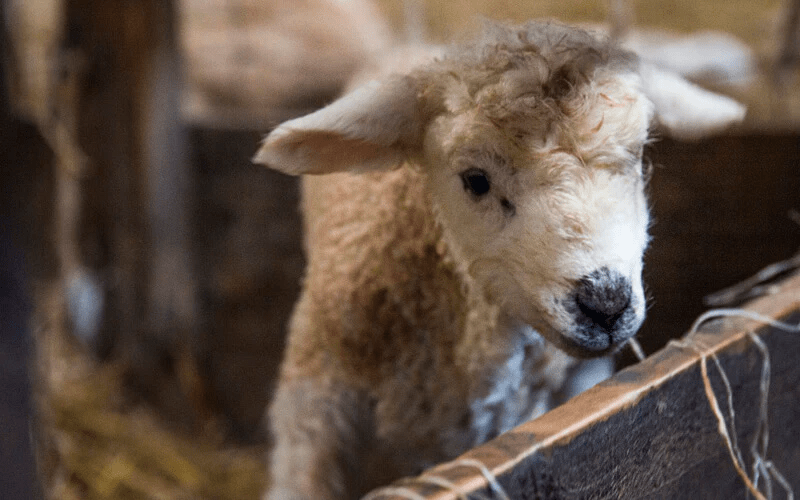Veganuary VS Organic
The Benefits of Choosing Organic vs the Benefits of the Veganuary Challenge
It’s the time of year that sees many of us setting resolutions, to better ourselves or our lifestyle, and even sometimes the wider communities too. January is often a month of challenges, and we’re not just talking about getting out of bed on the first day back to work. From sticking to those sometimes… optimistic New Year’s resolutions, to worldwide challenges such as Dry January and Veganuary, the real resolution should be making small changes for a big difference – beginning with switching to organic.
Veganuary: What are the Benefits?
Since its launch in 2014, Veganuary has been growing in popularity. Many choose to partake simply to challenge themselves, some may be looking to improve their own health by eating more vegetables and others are looking to lower their carbon footprint. With over 2 million people expected to take the Veganuary challenge this year, we thought we’d investigate the benefits of Veganuary.
Many see the beginning of Veganism as a whole spanning from the animal rights movement, feeling that animals should be friends, not food. Now, however, Veganism is about more than just that. As well as campaigning for animal rights, Veganism is thought to help improve individual carbon footprints, with consuming red meat and dairy identified as one the biggest contributors to global warming.
It is true that industrially farmed livestock produce high levels of methane and live a poor standard of life, so taking the Veganuary challenge can help to tackle industrial farms and factories. Veganuary can also help individuals eat more fruit and veg, improving fibre intake and gut health.

Veganuary can also start your New Year with purpose and a challenge. Plus, it could even help with weight management and fulfil dietary requirements. But the real challenge comes when the month is over, which may leave you in a tricky dilemma. If you want to continue to eat with the environment in mind but are craving a succulent steak, gooey, oozing cheese or a piece of smooth milk chocolate, shopping organic may be the answer.
Why Choose Organic Food?
Whilst we agree that the Veganuary challenge, along with other January challenges such as Dry January, could be a great way to start the year with purpose, as organic farmers we believe choosing to support organic ticks all the same boxes.
On Soil Association certified organic farms like ours, farmers must follow strict guidelines when looking after their livestock, leading to a much better and more natural life for organic animals. This high standard of animal welfare is a massive benefit of supporting organic, knowing the meat you consume is from an ethical source and usually with full traceability. Eating less meat and choosing organic meat is a great way to start reducing your carbon footprint, whilst not depriving yourself of your favourite meal. Plus, organic, grass fed livestock produce less methane than intensively farmed animals, significantly reducing the impact of methane on the environment.

On that note, it’s also important to consider where your food comes from and the food miles it may rack up. It’s not uncommon for meat replacements to come with very limited traceability, be produced in energy intensive conditions and have sourced ingredients from around the world. When choosing organic, British meat such as that from Eversfield Organic, you can count on reduced food miles and increased traceability. Additionally, organic farms use very little artificial energy sources, with organic farming methods actually beginning to reserve the effects of intensive farming with processes such as carbon sequestration. Find out more about the benefits of organic farming here.
Organic food is more nutritionally beneficial, produced with less artificial fertilisers, pesticides or herbicides. This leaves organic fruit and vegetables without chemicals, tastier and overall, better for human health. Organic meat is also better for us, with less saturated fats and more vitamins and minerals. When grown in organic soil or raised on organic pasture, you can rely on organic food to be as natural as possible.
Making the switch to organic food, even just once or twice a week, can really start to make a difference in the battle against climate change. Environmentally friendly, ethically sourced food is the way forward, so start the year as you mean to go on with a weekly, fortnightly, monthly or even a one-off organic food box from Eversfield Organic.




